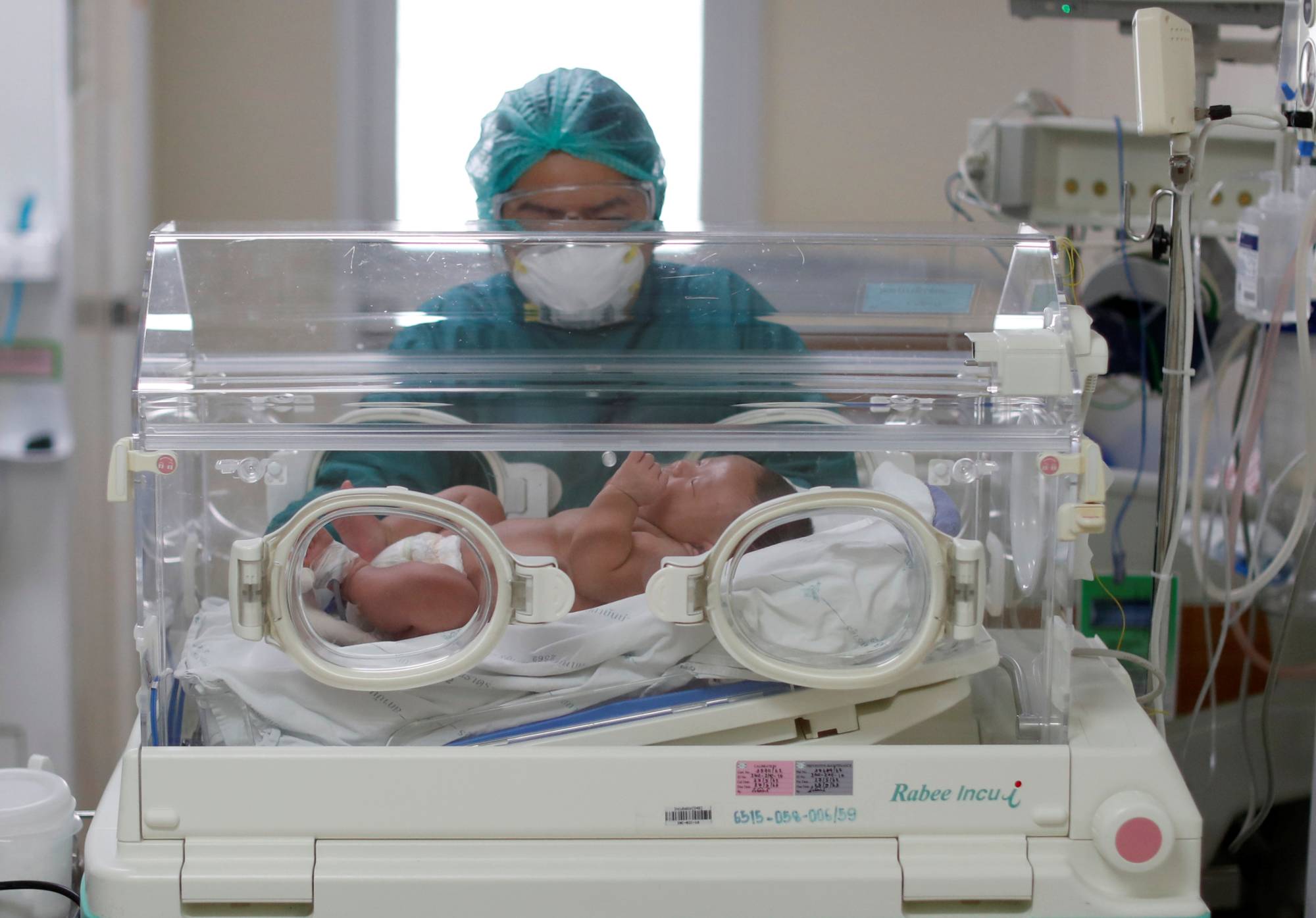As parents worry over the cases of respiratory syncytial virus filling up pediatric hospitals in the U.S., finally some good news: Vaccines that protect newborns from the virus could be ready in time for next year’s season.
Pfizer Inc. recently unveiled promising data on a maternal RSV shot that shows it lowered babies’ risk of severe infections in those vulnerable first months of life. The early data has some caveats, but should be celebrated as a significant advance in a field that has suffered decades of setbacks. It is also an important next step in Pfizer’s goal of becoming a leader in addressing RSV — a global market that according to Bloomberg Intelligence could be worth $10 billion in 2030.
In Pfizer’s trial, pregnant women were given an RSV vaccine with the idea that any immunity generated would be passed onto their infants, a strategy already used for other respiratory viruses, like pertussis and the flu. The hope was that protection would last through the babies’ first six months of life, the period when they are most vulnerable to serious RSV infections.


















With your current subscription plan you can comment on stories. However, before writing your first comment, please create a display name in the Profile section of your subscriber account page.